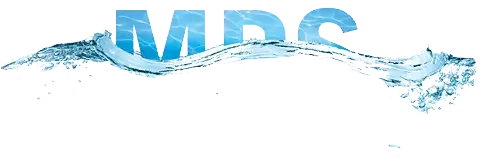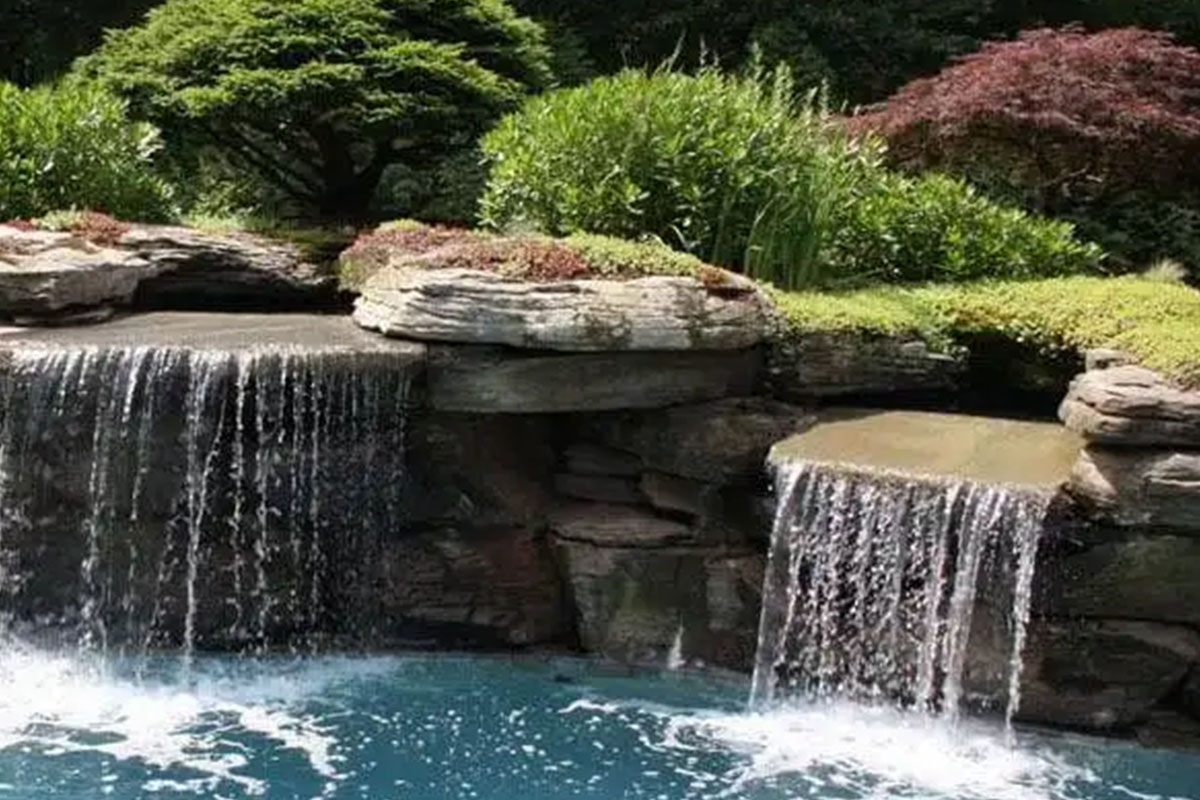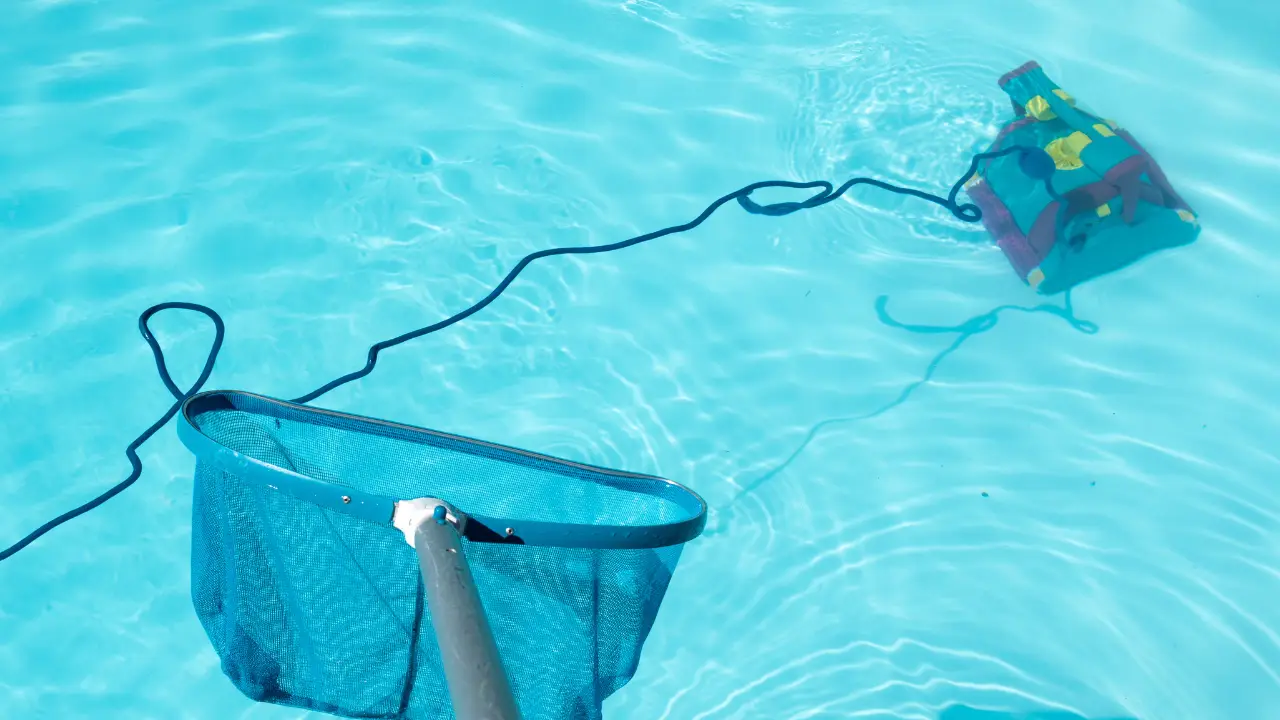A properly functioning pool pump is vital for keeping your pool clean, circulating water efficiently, and preventing algae buildup. However, when a leak occurs, it can cause water loss, increased energy costs, and potential damage to other pool equipment. If you need to fix a leaking pool pump in Houston or nearby areas, it’s important to address the issue quickly to avoid costly repairs and ensure your pool remains in top shape. While some small leaks can be repaired with DIY methods, professional pool maintenance can help extend the life of your pump and ensure your system runs efficiently.
Common Causes of a Leaking Pool Pump
Understanding what causes a pool pump leak can help you diagnose the problem faster and take the right steps to fix it. Here are some of the most common reasons your pump may be leaking:
- Worn-out seals and O-rings – Over time, seals and O-rings can crack or deteriorate, leading to leaks.
- Loose or broken plumbing connections – Houston’s heat and shifting ground can cause plumbing fittings to loosen or break.
- Cracked pump housing – Extreme temperatures and long-term exposure to pool chemicals can weaken plastic components.
- Faulty pump lid – An improperly sealed or cracked pump lid can cause water to escape.
- Damaged shaft seal – If water is leaking between the pump motor and the housing, the shaft seal is likely the culprit.
- Excessive pump vibration – Strong vibrations can loosen fittings and lead to cracks over time.
Step-by-Step Guide to Fixing a Leaking Pool Pump
1. Turn Off the Power
Before performing any maintenance, shut off the power to your pool pump to prevent electrical hazards. Unplug the pump or turn off the circuit breaker to ensure complete safety.
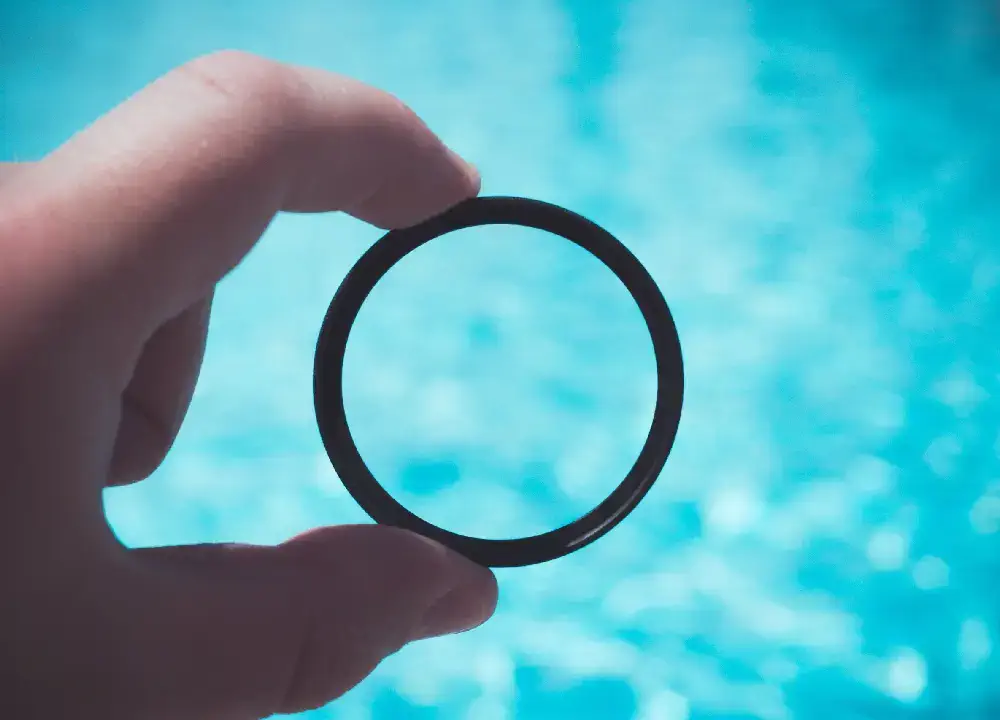
2. Inspect the Pump Lid and O-Ring
A common cause of leaks is an improperly sealed pump lid. Remove the lid and inspect the O-ring for wear, dirt, or cracks. Clean the O-ring and apply a silicone-based lubricant before resealing the lid. Make sure it is aligned correctly before tightening.
3. Check and Tighten Plumbing Fittings
Examine all plumbing connections around the pump. If you notice any loose fittings, tighten them using a wrench. However, avoid over-tightening, as this can cause additional damage. If a fitting is cracked or damaged, replacing it may be necessary.
4. Inspect the Shaft Seal
If you see water leaking between the pump housing and the motor, the shaft seal likely needs replacement. This part prevents water from reaching the motor and should be replaced if worn or broken. Since replacing a shaft seal requires disassembling part of the pump, consider consulting a professional if you are unsure about the process.
5. Look for Cracks in the Pump Housing
Houston’s hot and humid climate can weaken plastic pump housings over time, making them prone to cracks. If the pump housing is cracked, you may need to replace the entire housing or consult a professional for repair options.
6. Examine the Drain Plug
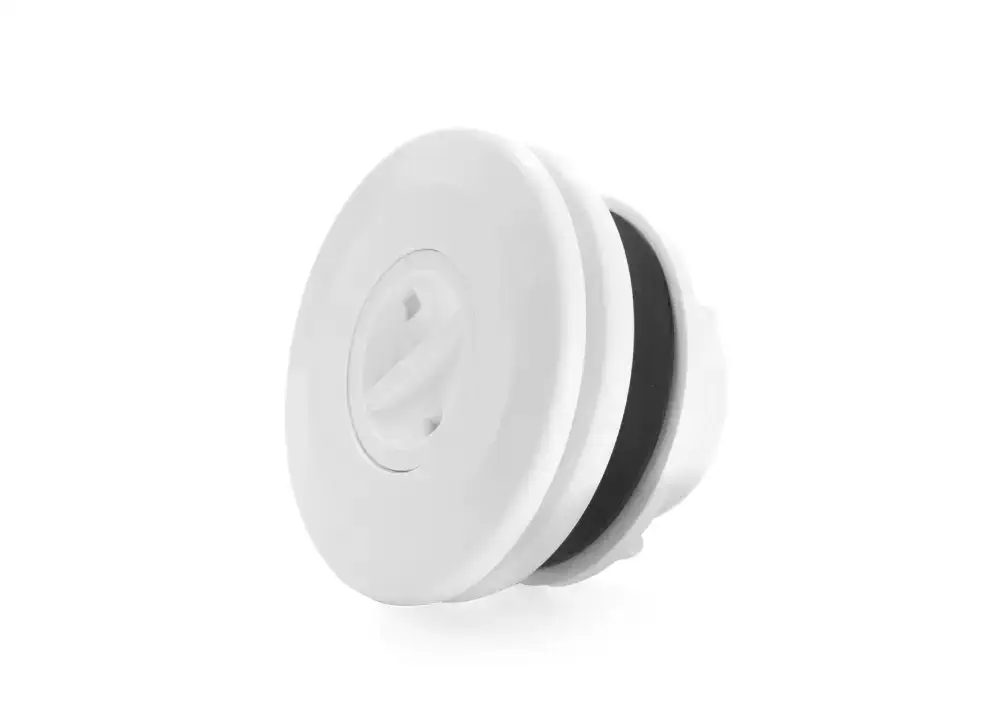
The drain plug, located at the bottom of the pump, can become loose or worn over time. Tighten it if it is loose, and if needed, apply Teflon tape around the threads before reinserting it to help prevent leaks.
7. Prime the Pump and Restore the Power
After making necessary repairs, prime the pump by filling the housing with water. Turn the power back on and closely monitor for any new leaks. If the pump fails to maintain proper water flow, double-check your repairs and reseal any loose components.
When to Call a Professional
While some pool pump leaks can be repaired with DIY methods, persistent leaks or damage to critical components require professional attention. If your pump continues to leak despite troubleshooting, or if you notice electrical issues, unusual noises, or reduced water circulation, it’s best to call an expert.
Preventative Pool Maintenance Tips
Regular maintenance is important to preventing future pool pump leaks. Homeowners in Houston and nearby areas can follow these simple steps to keep their pool equipment in peak condition:
- Schedule routine inspections – Catching small issues early can prevent expensive repairs.
- Lubricate O-rings and seals – Proper lubrication prevents drying and cracking.
- Check for leaks frequently – Regular visual inspections can help identify problems before they worsen.
- Balance water chemistry – Poor water balance can accelerate wear on pump components.
- Ensure secure installation – A properly installed pump prevents unnecessary vibration and stress.
- Keep the pump area clean – Clearing debris from around the pump prevents blockages and improves efficiency.
Manning Pool Service Can Help
A leaking pool pump can lead to major issues if not addressed promptly, but regular maintenance and timely repairs can prevent long-term damage. Manning Pool Service offers expert pool maintenance, including professional inspections, repairs, and servicing of pool pumps and other critical equipment in Houston and surrounding areas. If you need assistance with a pool pump leak or any other pool-related issue, contact us today to schedule an inspection!

